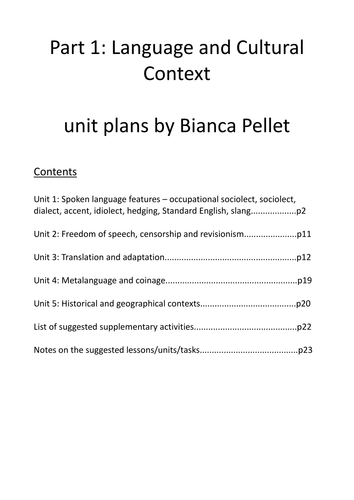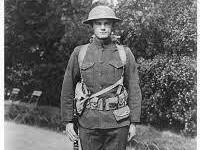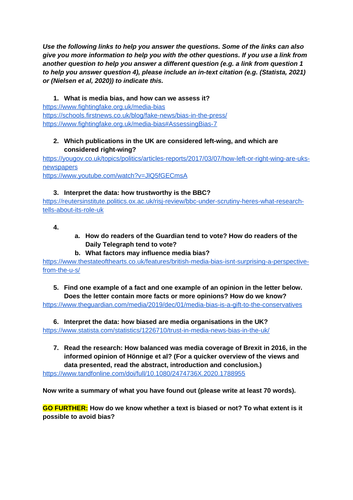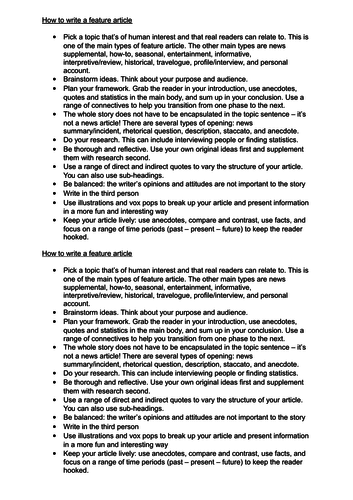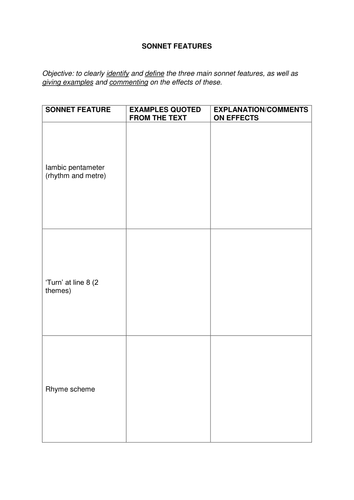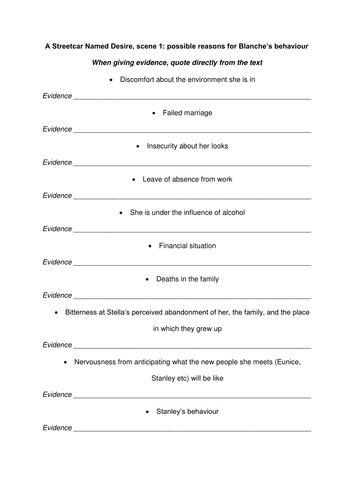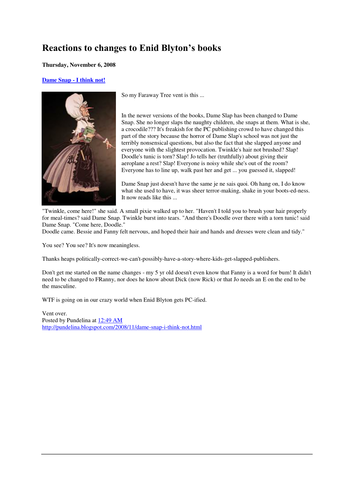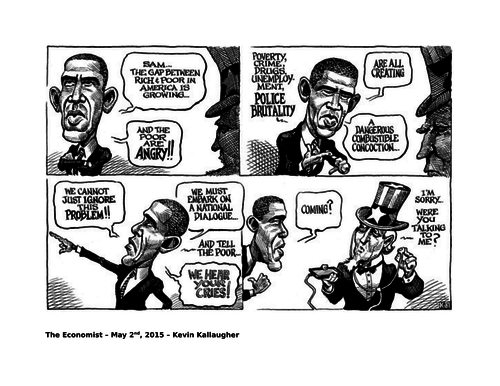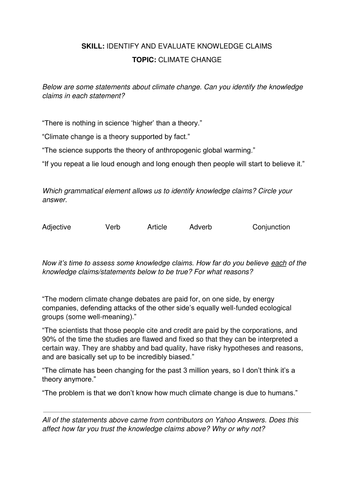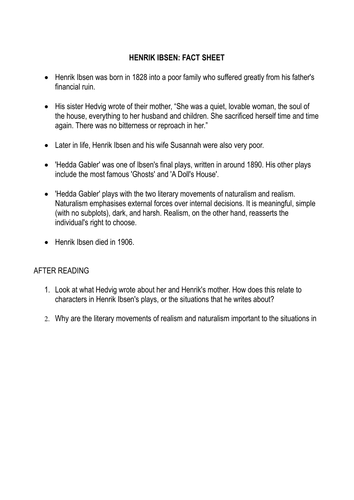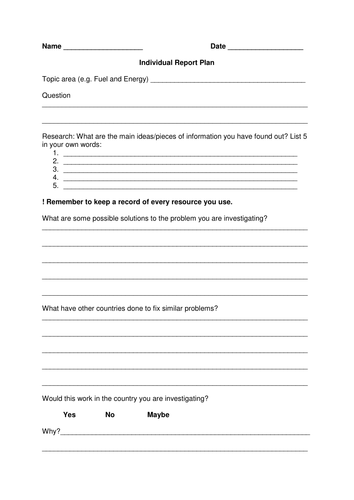Angelil's Shop
I am a teacher of secondary English, providing resources and lesson plans in this domain. My lessons are on the interdisciplinary side and as such can at times also be applied to other subject areas, such as history or drama. I hope you find them useful! Please don't hesitate to provide constructive feedback as I am always keen to improve my resources and ensure that you get the very best value for money.


